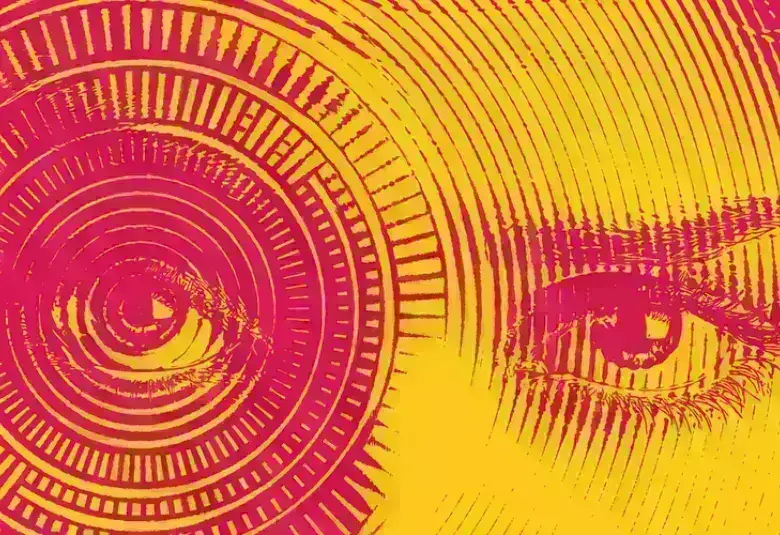The Schizophrenia International Research Society (SIRS) 2023 congress hosted academics and the gaming industry to explore possible links between gaming and psychosis, and how gaming might allow for early intervention in psychosis.
Direction of association between videogaming and psychotic experiences remains unclear
Individuals with a tendency for higher levels of digital media use also had a tendency for higher levels of psychotic experiences
Dr. Vincent Paquin (McGill University, Canada) opened the session by sharing the results of a longitudinal study1 that he and his team recently completed in his home province of Quebec. Paquin and his team recruited 425 participants between the ages of 18 and 25 years (82.5% female) to complete questionnaires spaced apart by three-month intervals on three occasions over a nine-month period. Participants reported on their use of digital media (defined as television and streaming platforms, social media and videogames) in the preceding three months, at each three-month interval. Participants also reported any psychotic experiences in the previous three-month interval by using the 15-item Community Assessment of Psychic experiences (CAPE) questionnaire. While results revealed an association between videogaming and psychotic experiences at the between-person level, this association did not hold true at the within-person level. Paquin and his team extrapolate that videogaming is not a causal factor for psychosis, but instead simply suggest that individuals with a tendency for higher levels of digital media use also had a tendency for higher levels of psychotic experiences.
While results of a study revealed an association between videogaming and psychotic experiences at the between-person level, this association did not hold true at the within-person level
Mental health portrayal in videogames
Next, Dr. Manuela Ferrari (McGill University, Canada) presented the results of her 2019 review2 which sought to identify how mental illness is portrayed in videogames. In 97/100 videogames, mental illness is portrayed in a very negative fashion, associating it with violence, fear, insanity and hopelessness.
Mental illness is portrayed in videogames in a very negative fashion, associating it with violence, fear, insanity and hopelessness
She followed her 2019 review with a review in 2022 which sought out videogames that could be used in a clinical setting for mental health promotion/prevention or education3. She and her team identified 38 studies which reported significant improvement in one or more key mental health related variables. Thus, she is optimistic that digital game interventions may be used in a therapeutic fashion across a broad range of mental health and substance use disorders.
There may be a role for the use of videogames in a clinical setting for mental health promotion.
Video games for educational purposes
Dr. Suzanne Archie (McMaster University, Canada) echoed the possibility of videogames playing a positive role in psychosis. Dr. Archie highlighted research which demonstrates that the incidence of psychotic disorders in Ontario is higher in immigrants from the Caribbean4, and that problematic cannabis use is also high in Canadians of Caribbean heritage5; where the use of cannabis is associated with an increase in psychosis6. She and her team developed the “Back to Reality” series of videogames with the goal of educating youth about psychosis, marijuana use, and pathways to care7. Among the nine Black youths who completed the video tutorials, there was a significant increase in the score for Psychosis and Cannabis Test quiz about cannabis and psychosis after completion. Dr. Archie proposed that videogames can be used to educate at-risk youths about cannabis use, psychosis and pathways to care.
Videogames can be used to educate at-risk youths about cannabis use, psychosis and pathways to care.
The session closed with the hope expressed by Améliane Chiasson, accessibility lead at a multinational videogame company, that industry and academia can collaborate more on videogames to promote safe, enjoyable, and healthy videogaming for all.




